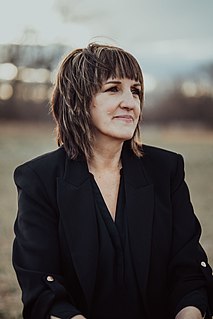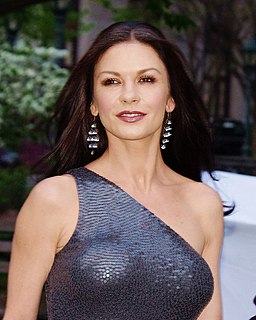A Quote by Dorothy Norman
Myths of the heroes speak most eloquently of man's quest to choose life over death.
Related Quotes
It may be said that myths give to the transcendent reality an immanent, this-worldly objectivity. Myths speak about gods and demons as powers on which man knows himself to be dependent, powers whose favors he needs, powers whose wrath he fears. Myths express the knowledge that man is not master of the world and his life, that the world within which he lives is full of riddles and mysteries and that human life also is full of riddles and mysteries.
Everybody is afraid of death for the simple reason that we have not tasted of life yet. The man who knows what life is, is never afraid of death; he welcomes death. Whenever death comes he hugs death, he embraces death, he welcomes death, he receives death as a guest. To the man who has not known what life is, death is an enemy; and to the man who knows what life is, death is the ultimate crescendo of life.
By 'coming to terms with life' I mean: the reality of death has become a definite part of my life; my life has, so to speak, been extended by death, by my looking death in the eye and accepting it, by accepting destruction as part of life and no longer wasting my energies on fear of death or the refusal to acknowledge its inevitability. It sounds paradoxical: by excluding death from our life we cannot live a full life, and by admitting death into our life we enlarge and enrich it.
If untimely death came only those who deserved that fate, Keturah, where would choice be? No one would do good for its own sake, but only to avoid an early demise. No one would speak out against evil because of his own courageous soul, but only to live another day. The right to choose is man's great gift, but one thing is not his to choose--the time and means of death.
We are left with nothing but death, the irreducible fact of our own mortality. Death after a long illness we can accept with resignation. Even accidental death we can ascribe to fate. But for a man to die of no apparent cause, for a man to die simply because he is a man, brings us so close to the invisible boundary between life and death that we no longer know which side we are on. Life becomes death, and it is as if this death has owned this life all along. Death without warning. Which is to say: life stops. And it can stop at any moment.
There is no single best kind of death. A good death is one that is "appropriate" for that person. It is a death in which the hand of the way of dying slips easily into the glove of the act itself. It is in character, ego-syntonic. It, the death, fits the person. It is a death that one might choose if it were realistically possible for one to choose one's own death.



































